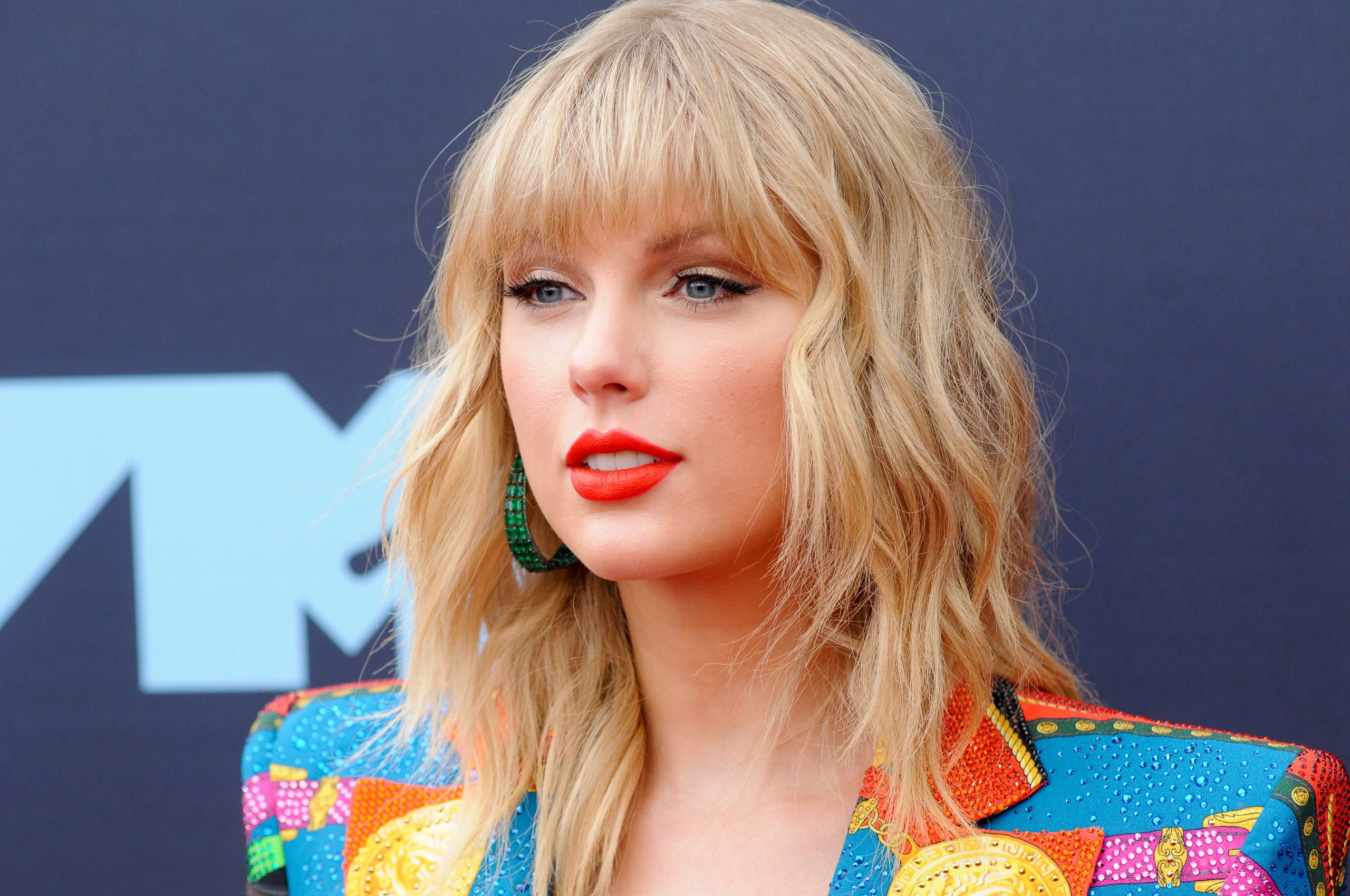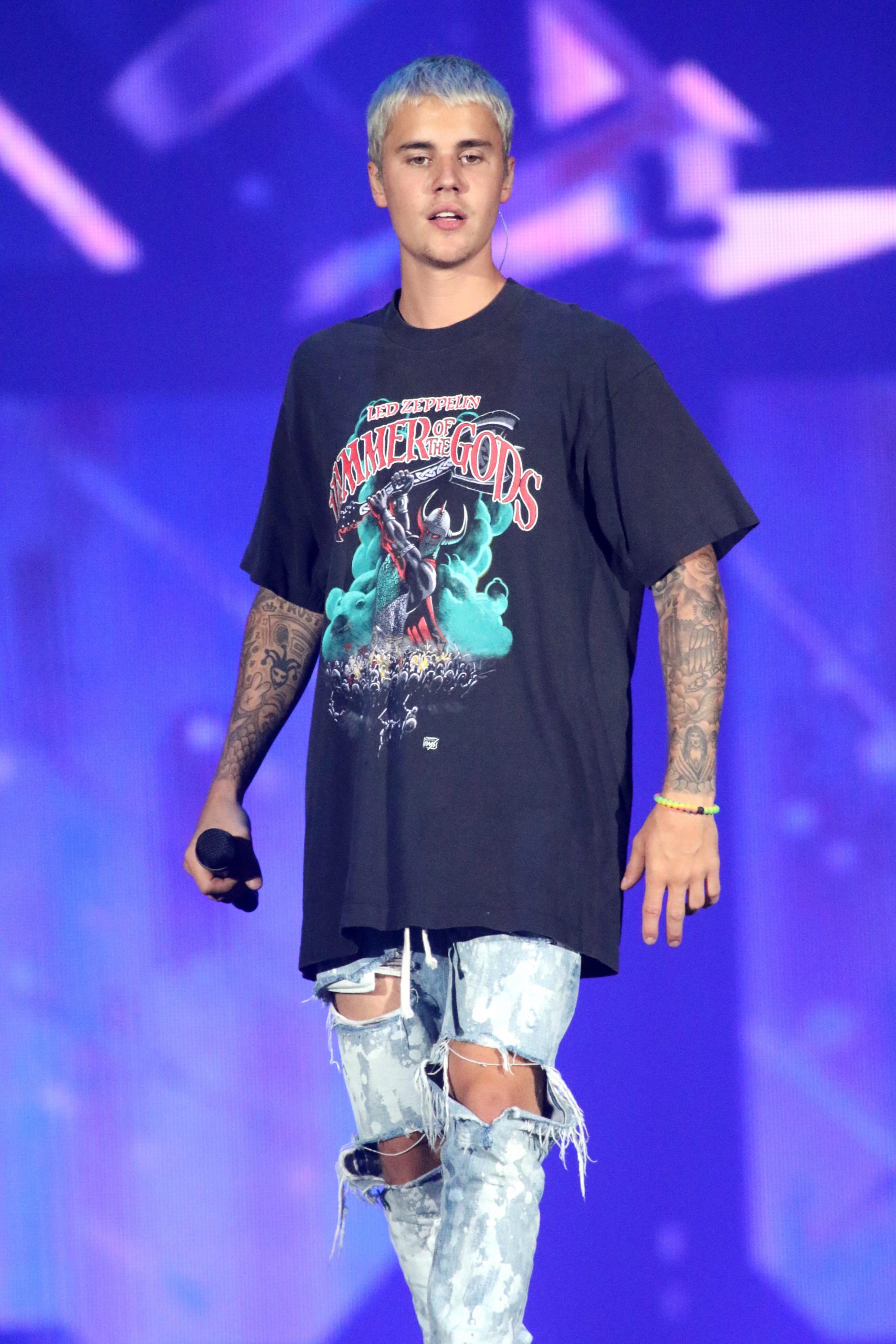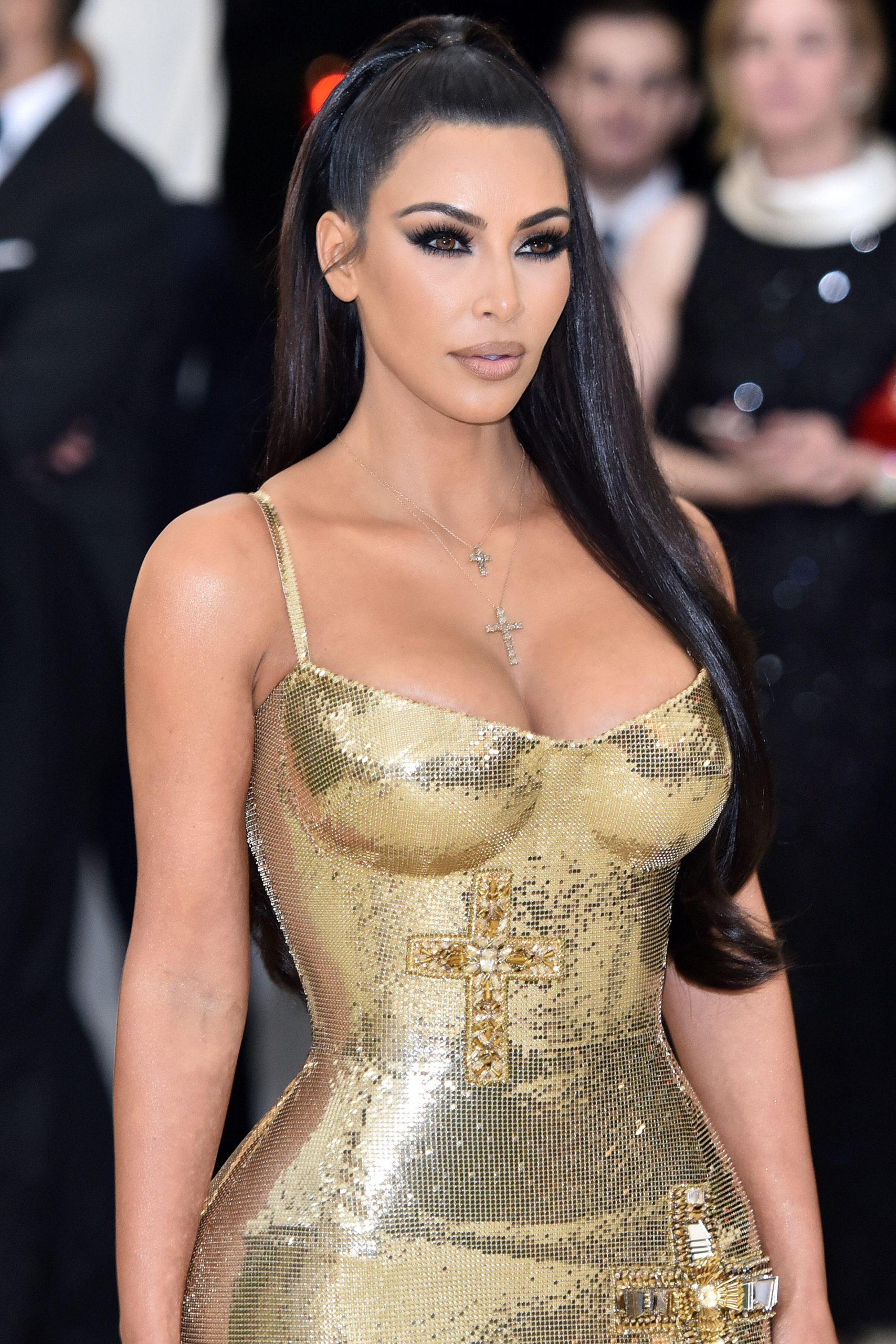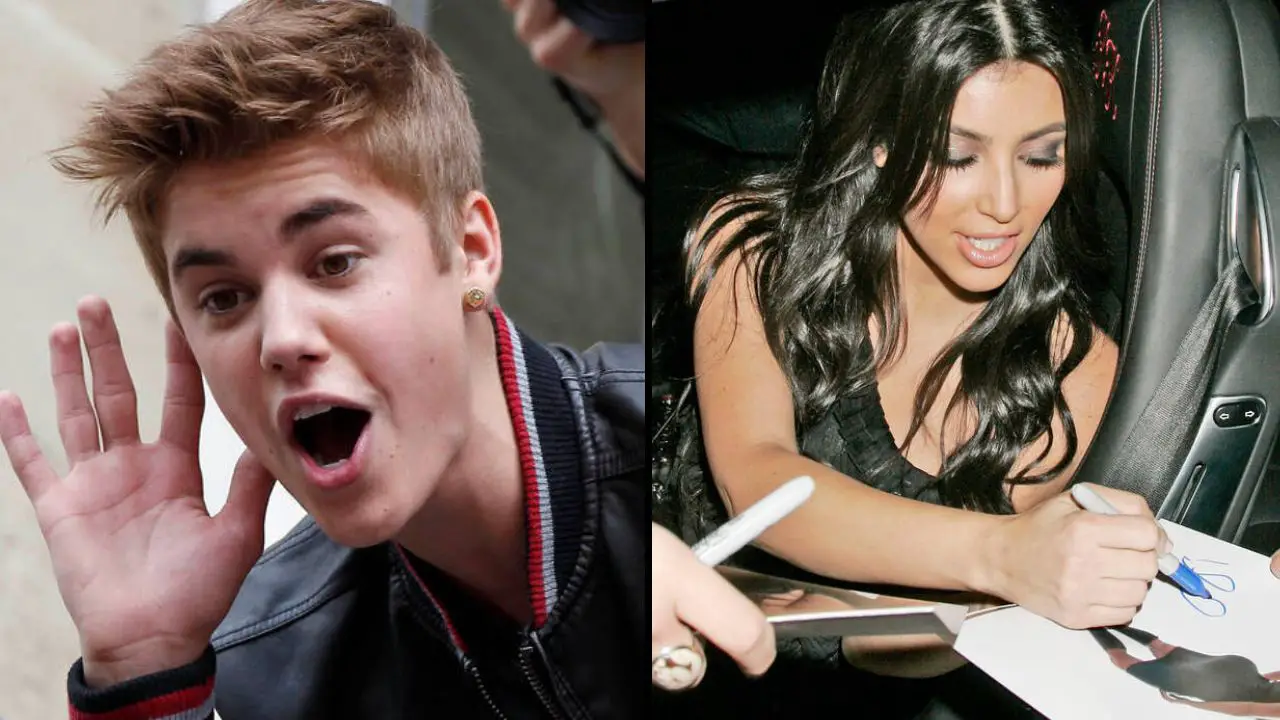A recent study has found that intense celebrity worship might be linked to lower cognitive abilities. As stars continue to captivate us through various social platforms, from Instagram likes to TikTok comments, it’s worth pondering the impact of our celebrity fixations.
This fascination with celebrity culture is not without its critics. Social media users have been quick to share their thoughts, with one user stating, “Using a celebrity as some inspiration is great. Full-blown obsession is a whole other story.” Another added, “I’m glad research is expanding into this realm,” while a third commented, “Doesn’t surprise me at all.” Another pointed out, “It’s very adolescent to worship a celebrity. It’s OK to admire their skills but worshipping is too much.”

Take Taylor Swift, for instance, whose legion of fans, known as Swifties, span worldwide. Mental health specialist Alli Spotts-De Lazzer explains the charm of Swift lies in the ‘sense of belonging’ her music instills, as reported by Daily Mail.
Beyoncé is another powerhouse, revered not just for her musical prowess but also for her role as a feminist icon and style influencer, bringing curves back into the fashion narrative.
But when does an admiration cross into a zone indicating possible lower cognitive abilities?
According to a new study published in BMC Psychology, there might just be a correlation. The research, involving 1,763 Hungarian adults, combined online surveys with cognitive tests, probing areas like general knowledge and problem-solving abilities.
Participants also tackled the Celebrity Attitude Scale, responding to statements that measured the depth of their celebrity-focused attitudes and behaviors.

Based on their responses, participants were categorized from ‘entertainment-social’ fans to those with ‘intense-personal’ and ‘borderline-pathological’ levels of celebrity obsession—the latter admitting they might do something illegal if their favorite celebrity asked.
The findings? Those with higher levels of celebrity worship tended to score lower on cognitive tests. However, the study couldn’t definitively say if the obsession was a result of lower cognitive abilities or if the intense investment in celebrity culture could be depleting cognitive resources needed elsewhere.

Researchers speculate that those with higher cognitive abilities might be more critical of the marketing strategies employed by celebrities and therefore less likely to idolize them.

As quoted by PsyPost, researchers suggest, “Future studies should seek further support for our suggestion that the cognitive effort invested in maintaining the absorption in a favourite celebrity may interfere with the person’s performance in tasks that require attention and other cognitive skills.”
While the study does not claim a direct cause-and-effect relationship, it highlights the potential need for a balanced perspective on our adulation of celebrities.

